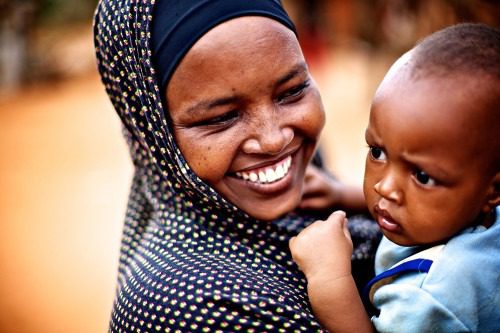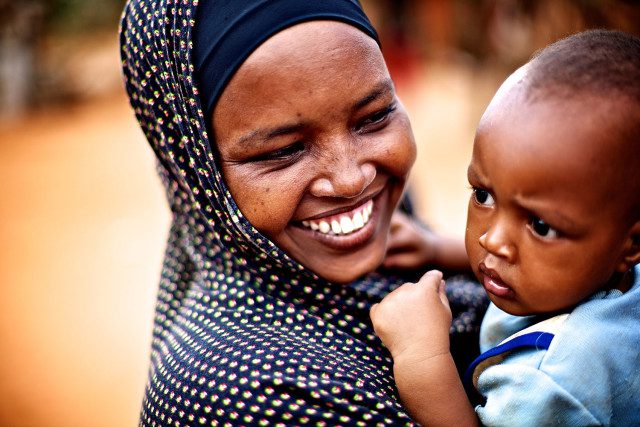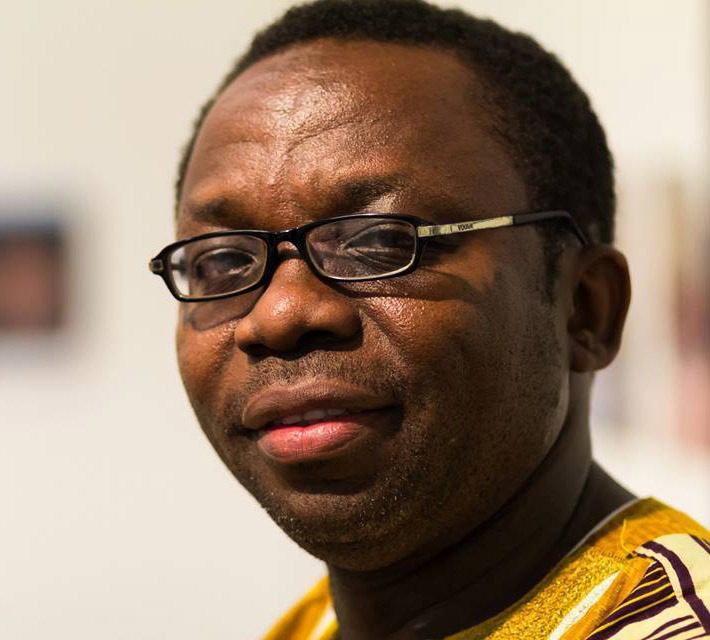Democracy & Governance
Commemorating World Malaria Day -By Mustapha Saddiq

World Malaria Day (WMD) is commemorated every year on 25 April to recognises global efforts to control malaria. Prior to the establishment of WMD, Africa Malaria Day was held on April 25. Africa Malaria Day began in 2001, one year after the historic Abuja Declaration was signed by 44 malaria-endemic countries at the African Summit on Malaria.
The theme of this year’s WMD is “Invest in the future: defeat malaria” as in the previews two years (2013 & 2014).
Malaria is a female anophelex mosquito-borne disease caused by a Plasmodium spp parasites . People with malaria often experience fever, chills, and flu-like illness and if left untreated, they may develop severe complications and die.
In 2013 an estimated 198 million cases of malaria occurred worldwide and over 500,000 people died, mostly children (about 78%) in the African Region with 40% of those death occurring in just two countries -Nigeria and Democratic Republic Of Congo! About half of the world population which amounts to about 3.2 billion are at risk of whom 1.2 billion people are at high risk. According to Malaria Consortium in Nigeria, Malaria is the leading cause of child death in the country and around 250,000 Nigerian children die every year from the disease. While children under the age of five and pregnant women are particularly vulnerable, almost the entire population of Nigeria is at risk of contracting the disease.
However a lot of progress has been made globally and by extension in Africa and Nigeria in tackling this monster called malaria through both the Non Governmental Organisations (NGOs) and various deliberate initiatives by governments, local and international health organisations. For example, the U.S. President’s Malaria Initiative supports four scientifically proven key interventions to prevent and treat malaria, these are: the promotion of insecticide-treated mosquito nets; indoor residual spraying; intermittent preventive treatment for pregnant women; and effective diagnosis and treatment of the disease. Also over these years, the Nigerian Federal and States’ Governments has through different initiatives and approaches though still with room for improvements help in combating the disease.
A lot of factors militating against the fight with malaria disease in Nigeria however include high rate of poverty, lack of adequate well trained personnels, lack of or inadequate research funds and fake or counterfeits anti malaria drugs circulating. It is our hope that the incoming Federal Government and the State Governments will re energise and combat malaria head on. It is also our hope that the NGOs and international communities will redouble their efforts in fighting the disease also.
Written By Mustapha Saddiq, Intern at Federal Medical Centre, Katsina.
@mustysaddiq on twitter
Email- mustyfantastic77@yahoo.com


















